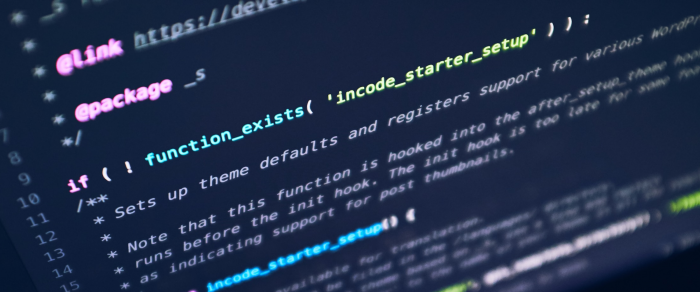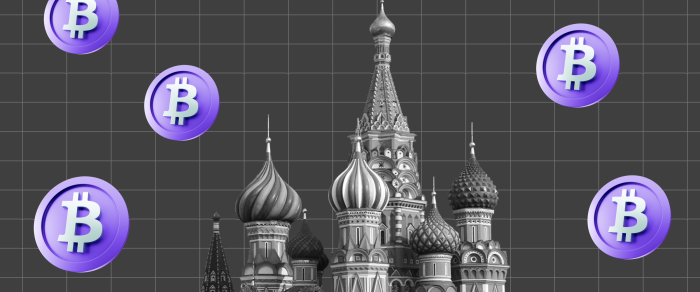What is Blockchain Technology?
Even though blockchain is an intriguing technology, many people do not understand how it works. A blockchain is a distributed ledger in which transactions and other information are recorded. The network uses cryptography, so you can only add information to it. The information cannot be edited after another user has added it. This is why many people mistakenly believe it works like Google Docs. In reality, it functions more like OneDrive for all of your data, where all users have access to the most current copy of that file. Due to its decentralized nature, this digital ledger does not belong to any one authority or location. On the contrary, it is present on every computer that is connected to the blockchain network.
How does blockchain work?
Blockchain technology is entirely decentralized. It cannot be controlled by a single entity or group. This prevents data tampering and ensures that everyone knows the information is correct. Each block includes a cryptographic hash of the preceding block, as well as a date and data. When a block is filled, it closes, and another one opens and closes after completion, continuing the pattern indefinitely. Because hashes are secure, no one will ever know what information was in each block unless they had instant access to all the network’s data.
Whenever you add something to the blockchain, it is immediately distributed to every user. The blockchain works in a distributed fashion, so if ten people share the same blockchain, then they all have a copy of the transaction or file that was created. Moreover, your data cannot be changed once it has been added to the blockchain networks.
What problem does blockchain solve?
Blockchain aims to provide solutions to users who may not be familiar with each other or whose trust may not be guaranteed. The technology allows individuals to conduct transactions, such as sending funds digitally, without relying on the trustworthiness of the other party. Voting and file storage are also included in other applications.
Can this technology be hacked?
Compromising blockchain would necessitate hacking every computer in the network at the same time, which is why this technology is regarded as secure. Blockchain also employs cryptography and hashing to ensure that information cannot be modified once it is stored on the blockchain.
What would happen if I told you I wanted to delete some information?
Nothing would happen if you attempted to edit or delete data provided by someone else because everyone already has a digital copy of that data. You’d need permission from a majority of people in the network before anything could be edited.
What would happen if I tried to delete my transaction history?
Since everything in a blockchain network is tied to cryptography, you would not be able to do this. In order to successfully delete any of your blockchain records, you would need the permission of a majority of the members of that group.
Is blockchain technology secure?
Because all transactions are encrypted, blockchain is extremely safe by design. One of the few ways someone may try to steal your data is to have access to your private key, but that’s the same as giving them a duplicate of your password or ID. You could also keep this on many computers, so even if one was hacked, it wouldn’t be enough for someone to steal any data. It’s also open-source, which means that many people are trying to identify flaws in the code, so it improves with time.
What’s the difference between blockchain and Bitcoin?
In the beginning, blockchain was used to track financial transactions with Bitcoin; however, it has now been discovered that it has many other potential applications. This technology would enable you to draft digital contracts with someone without requiring the help of a lawyer or managing any paper documents. By using blockchain technology, you will be able to build a distributed consensus between two different individuals, thereby allowing them to trust each other without ever having met or written anything down.
What are the use cases for blockchain technology?
The number of uses for blockchain technology is genuinely immeasurable. When people hear the term blockchain, they frequently think of Bitcoin, although it has many more potential applications. One example is the supply chain, where information such as shipping location and timing can be quickly modified without anyone noticing or amending records. This will help firms function much more safely and with fewer hassles, which may impact their bottom line because time is so expensive. Digital voting is another application that allows you to trust a huge group since all the details are recorded in real-time. With everyone observing the transactions simultaneously, no one would be able to cheat.
Healthcare data may be rapidly updated with little to no room for fraud, ensuring that your doctor always knows what meds you’re taking or if someone was attempting to sell your information without your knowledge. This is only one example of many that will become increasingly common as technology becomes more intertwined into our lives. Blockchain, some believe, will be the next significant advance after AI.
In the near future, blockchain might be used to develop newer technologies like driverless cars, but this has not been proven. There is currently interest in this possibility, so it may come about within the next few years.
Blockchain technology may also ensure that everyone on the planet understands who has access to what resources. Some businesses, for example, maintain track of their water rights and how much water they can use for irrigation or other uses. This helps farmers in one location to know what their neighbors are doing with their water supply rather than wondering if someone has more than they are authorized.
Crowdfunding has become very popular in recent years, but because it is all done online, there are some security issues. For example, people might hack into an account to steal money or even pay off someone responsible for the hacked website. Blockchain could be used instead, which would let everyone keep track of transactions and make sure none of the data could be altered by anyone else, so you’d always know exactly where your money went without worrying about losing it.
Recent years have seen crowdfunding grow in popularity, but the fact that it takes place online poses some security risks. In some instances, hackers may hack into an account in order to steal money or to pay off a person responsible for compromising the website. Instead, blockchain technology would enable everyone to track transactions and ensure that no one could alter them, so you’d always be aware of exactly where your money goes without having to worry about it being lost.
What are the problems with blockchain?
Scalability is one of the most important issues. Using it on the phone would be impossible since your device would have to process every transaction, which isn’t feasible for such small devices. Furthermore, if something happens, such as a natural disaster or someone stealing your password, you could lose access to any information, depending on where your data is stored.
Blockchain is also associated with logistical concerns. Every member of the network must process every transaction, which means there must be sufficient resources for this to be feasible; otherwise, it simply cannot be implemented. There is concern among some individuals regarding the environmental impact of all that energy consumption. On the other hand, some argue that the blockchain is unnecessary, given that the current systems already serve most of the purposes fairly well.
What is the future of blockchain?
At present, blockchain is mainly utilized by those who are highly tech-savvy, but this may change as more businesses understand how valuable it can be.
Blockchain has recently gained popularity as more firms see its usefulness. While blockchain may not be able to replace what we now use, there are some cases when it outperforms some of the current systems. As companies continue to develop new ways to improve our lives through technology, there will undoubtedly be more applications for it in the future.



